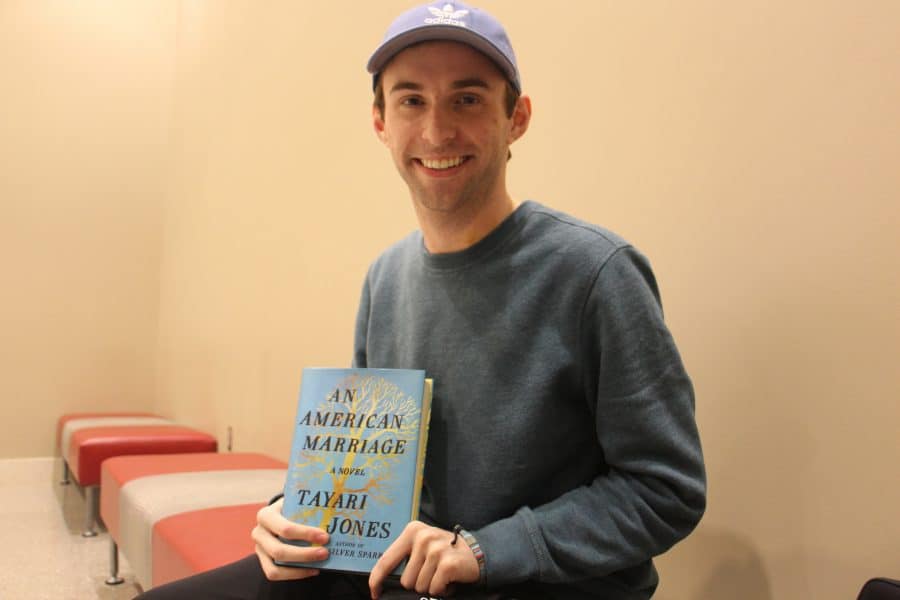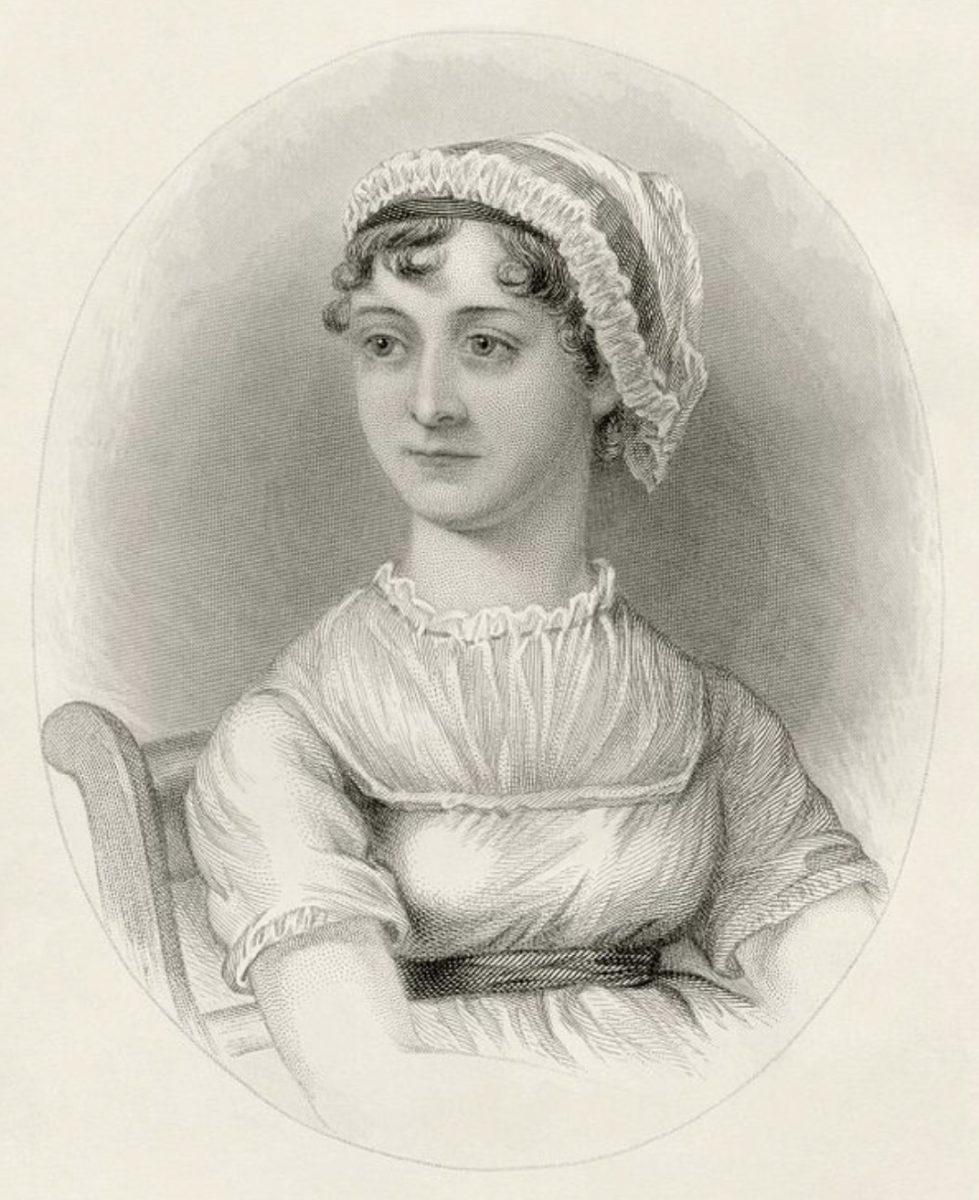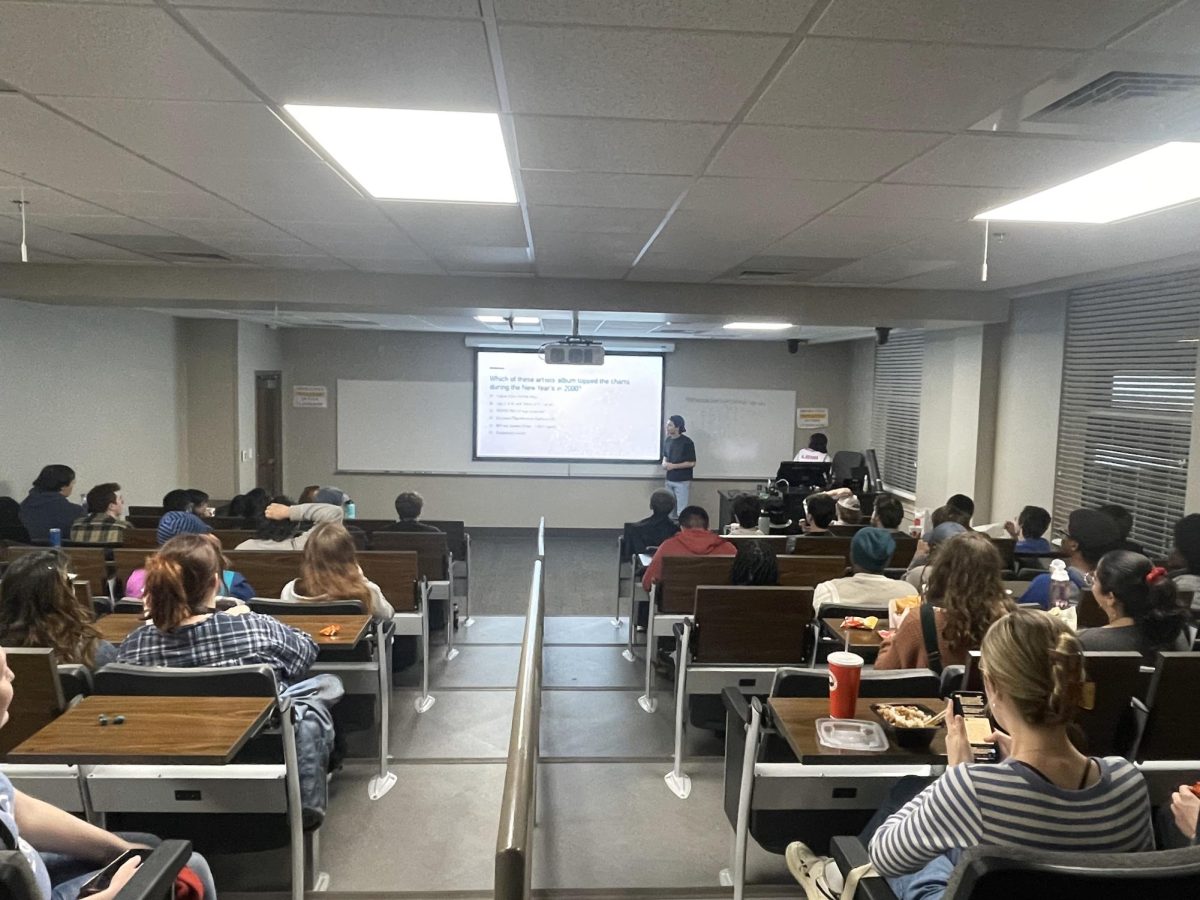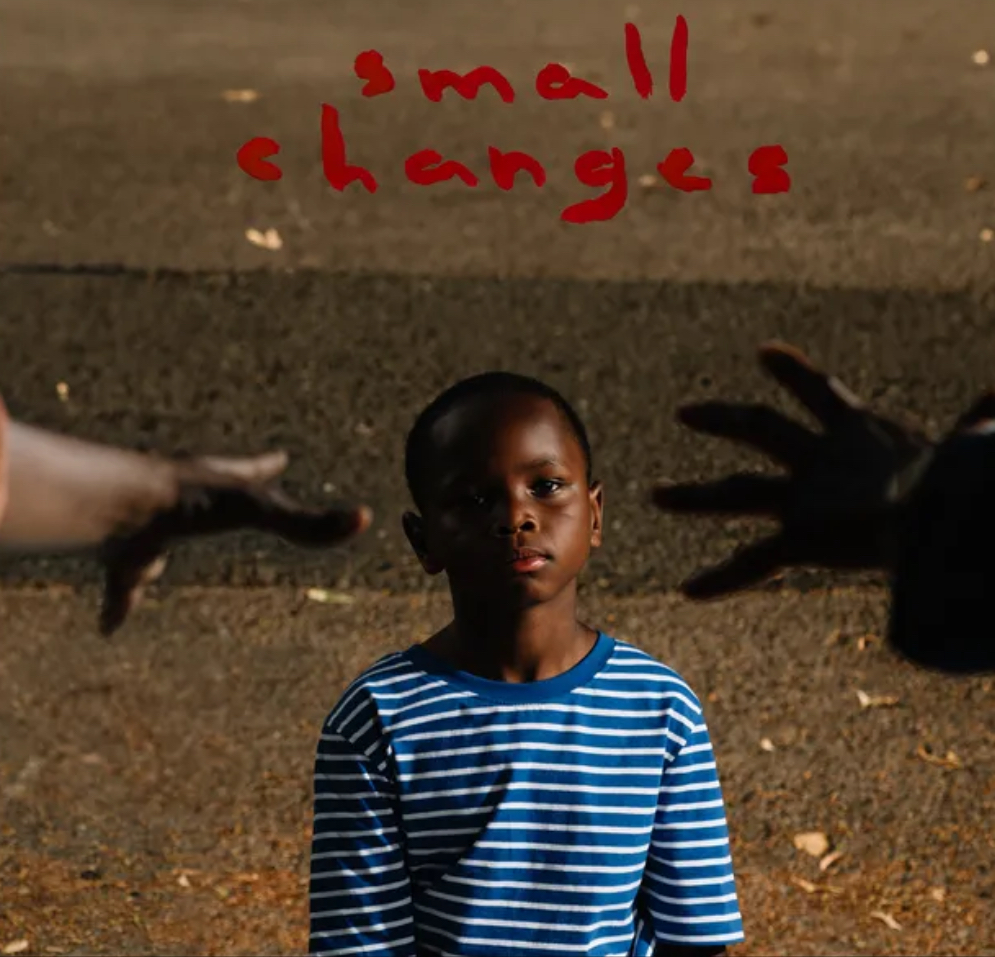During the ceremony of a wedding, a shining moment for two people investing themselves in one another, a couple faces a moment of ferocious intensity: committing to each other for the rest of their lives. Roy Hamilton and Celestial Davenport must understand this with more urgency than some couples face when, 18 months after their wedding, Roy Hamilton is arrested. Accused of assaulting a stranger, Roy is handed down a 12-year sentence and locked away. Though Celestial knows of Roy’s innocence, as he was with her when the assault took place, the court remains unmoved.
While making observations about race and the mass incarceration issues that plague the prison-industrial complex, Tayari Jones’ “An American Marriage” also offers an earnest portrayal of love and its different forms with an understanding of the relationship love has with time. Jones paints a clear portrait of the difficulties that can arise with time spent apart, the lingering moments in a relationship that necessitate closure and the ways love transforms us.
Instead of extending the crime and trial for most of the novel, Jones quickly pushes through this, moving into Roy’s residency inside the prison. During this, letters are used to show the communication between Roy and Celestial, the easiest way for the two of them to keep in contact at the time. These letters provide an intimate connection that outlines some of the difficulties and euphoria their marriage had provided them in the 18 months leading up to Roy’s arrest and conviction. Through this, Jones showcases a raw honesty that can only be possessed between two people that have an understanding and reverence for one another.
Switching between perspectives of both protagonists provides Jones with a space that she fills up by showing how the forced-separation has affected both Roy and Celestial, what they do without each other, how they exist without one another. Through this, a reflection can be made between the two characters, if only because the hardship that has been thrust upon them has changed the course of their entire lives, especially with respect to their marriage. In this way, Jones provides the framework for a poignant truth that resonates within the novel: love and time have a special relationship that requires both to work at the same time.
By looking at love and marriage with an understanding of how separation changes people, Jones has crafted a novel that upends the traditional view of stationary love that stays the same, opting to focus more on love’s adaptable nature when time is not on its side. Jones not only paints a portrait of a modern couple attempting to figure themselves and the world out, but a warm look at how love changes us.
With poignant prose and an understanding of the nature of love and humanity, Tayari Jones has crafted an incredible story about humanity’s relationship with love in “An American Marriage,” a novel that, by the time it has ended, brings the comfort and warmth of home.









